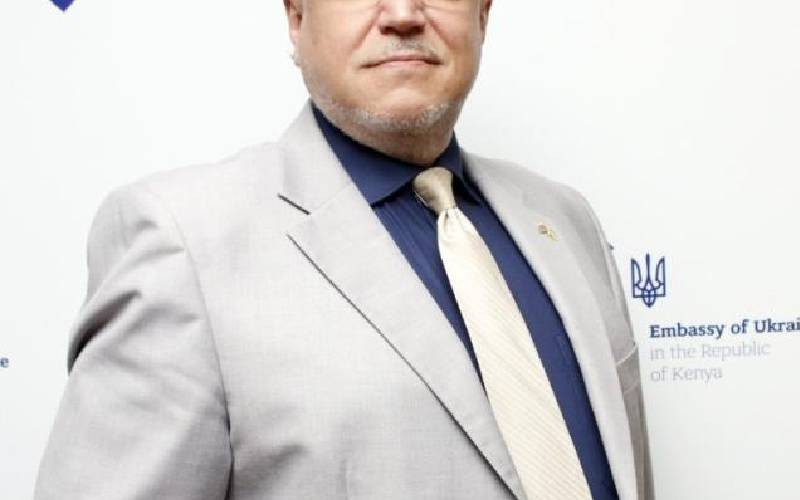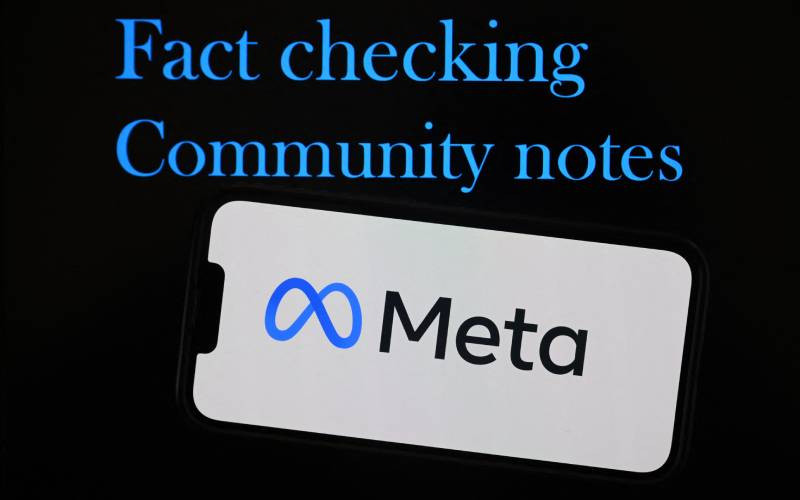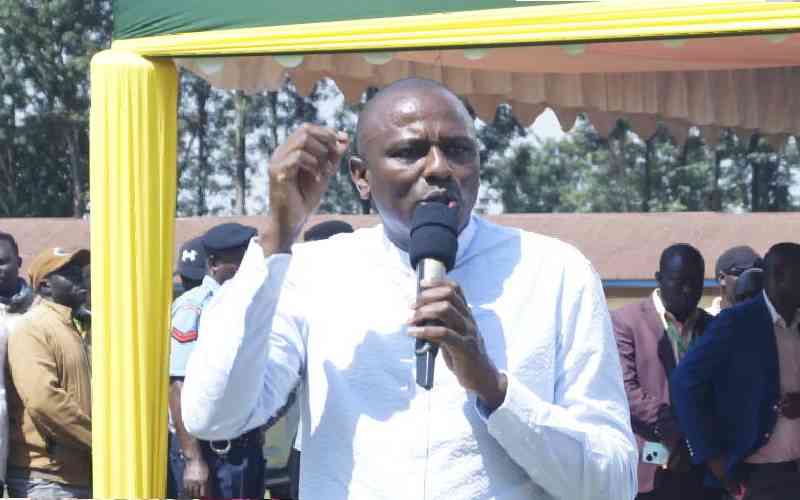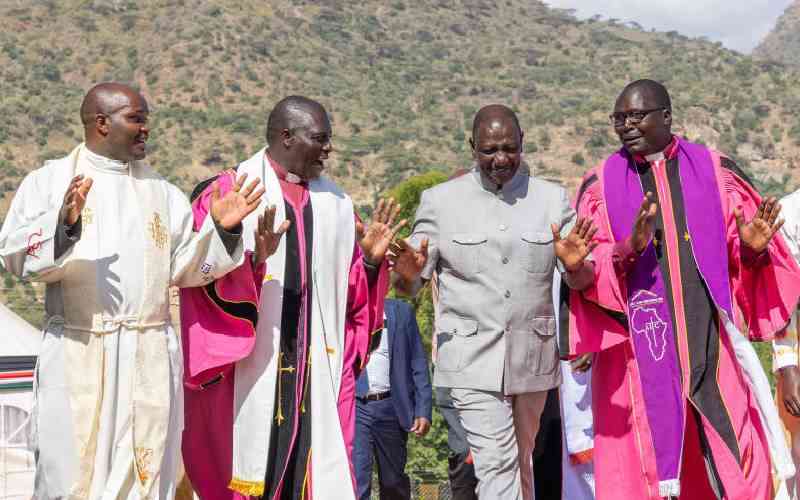
One of the most consequential safeguards of Kenya’s constitutional democracy is the entrenchment of presidential term limits in the Constitution. These limits, first introduced in the 1992 multiparty reforms, were remedies designed to prevent executive overreach, curb patronage, and ensure that citizens can regularly choose their leaders through free and fair elections.
An attempt at altering this particular core tenet of our governance system would trigger a referendum, inviting voters to make that decision directly at the ballot through universal suffrage.
To contextualise this, Kenya had historically been beleaguered by the malady of blatant disregard for citizens’ participation, input, and voices in constitutional and governance processes prior to the promulgation of the 2010 Constitution.
The ruling class would erratically institute far-reaching constitutional amendments, often to consolidate its powers without going back to the people to seek that mandate and consent. As such, the framers of the 2010 Constitution deemed it fit to prescribe public participation as one of the most enduring mainstays of our national values and principles of governance.
Periodical elections, public participation, the right to protest and present petitions to public authorities accentuate the sovereignty of the people. And this is the most critical pillar upon which the constitution is anchored.
Having drawn the constitutional Rubicon that must not be crossed, especially by a crass political class that bears a higher moral and legal responsibility, I draw the attention of Kenyans to the latest craze in reckless utterances by legislators threatening to extend Ruto’s term limit.
In Tot, Elgeyo Marakwet County, on the first Sunday of the year, William Kamket, the MP for Tiaty, revved up the debate in the presence of President William Ruto, and arguably, with his subtle acquiescence.
While they may seem random, casual, and run-of-the-mill political rabble-rousing, the recent upsurge in these remarks is in fact coordinated and synergised to test the proverbial waters. And this is the chronology.
- Ruto remains mute as healthcare crisis worsens
- Government calls on KMPDU to end strike
- Ruto meets KMPDU officials, promises lasting solutions to end industrial strikes
- Ruto forms a 20-member team to audit healthcare resources
Keep Reading
Barely three months into Dr Ruto’s rule, UDA’s Fafi MP Salah Yakub gained notoriety for his relentless calls for scrapping of presidential limits. Claiming that the matter was being canvassed in hush tones behind closed doors by the regime’s factotums, the ruling party immediately distanced itself from those proclamations.
A few months ago, UDA’s Samson Cherargey introduced an amendment whose principal object sought to fundamentally alter the structure of the executive, including an extension of the presidential term limit to seven years. Buried in the façade of other ‘progressive’ proposals in the Bill, the public sentiment collated through public participation, was against the proposal. Even the President’s party dismissed it as ‘repugnant and backward’.
Barely a fortnight ago at Ruto’s Kilgoris farm, Mr Kamket threatened that they had no qualms about extending the President’s stay in power beyond the prescribed limit in a strikingly condescending fashion. He also profiled the young people agitating for reforms through digital spaces as lazy bones.
Evidently, the talks have now escalated to the presidential dais, becoming cat-and-dried proclamations with no reprimand from the head of state. Yet, he is bound to be the primary beneficiary of the impending assault on the Constitution.
But how did the government, including legislators like Kamket and his ilk become so emboldened to brazenly come out of their veneers of pretence for the respect of the rule of law? I will strive to answer this two-fold.
For Ruto and his entire Kenya Kwanza faction, the 2022 election victory was predicated on two lofty pledges. The first one was to defeat patronage, exclusionary, and ethnocentric politics.
The second and most popular was to uplift most of the poor masses from the base of the economic pyramid almost immediately through heavy investment in the informal sector, including micro, small and medium enterprises.
On the contrary, upon their ascension to power, they immediately shut the door on the hustler, outrageously re-engineered patronage and embarked on outlandish displays of ill-gotten wealth, while waving the infamous ‘mtado?’ card at Kenyans.
On realising that Kenya Kwanza was all sizzle and no steak, Gen Zs mounted opposition to its punitive economic policies through digital activism and protests. The opposition hit a crescendo when Parliament was invaded on June 25, 2024.
The government opted to suppress the dissent through brutality, extrajudicial means, and co-opting the political capital of the opposition, before resorting to threats of extension of term limits.
As for the legislators increasingly becoming foul-mouthed, excessively pandering to the whims of the executive and desperate to curry favour with the powers that be, it is a sad moment for separation of powers.
They have discarded their constitutional mandate as the people’s representatives, effectively availing themselves at the call and beck of the executive. But with this calibre of leaders as his friends, Ruto doesn’t need any enemies. This coterie is enough to bring him down.
 The Standard Group Plc is a multi-media organization with investments in media platforms spanning newspaper print
operations, television, radio broadcasting, digital and online services. The Standard Group is recognized as a
leading multi-media house in Kenya with a key influence in matters of national and international interest.
The Standard Group Plc is a multi-media organization with investments in media platforms spanning newspaper print
operations, television, radio broadcasting, digital and online services. The Standard Group is recognized as a
leading multi-media house in Kenya with a key influence in matters of national and international interest.











